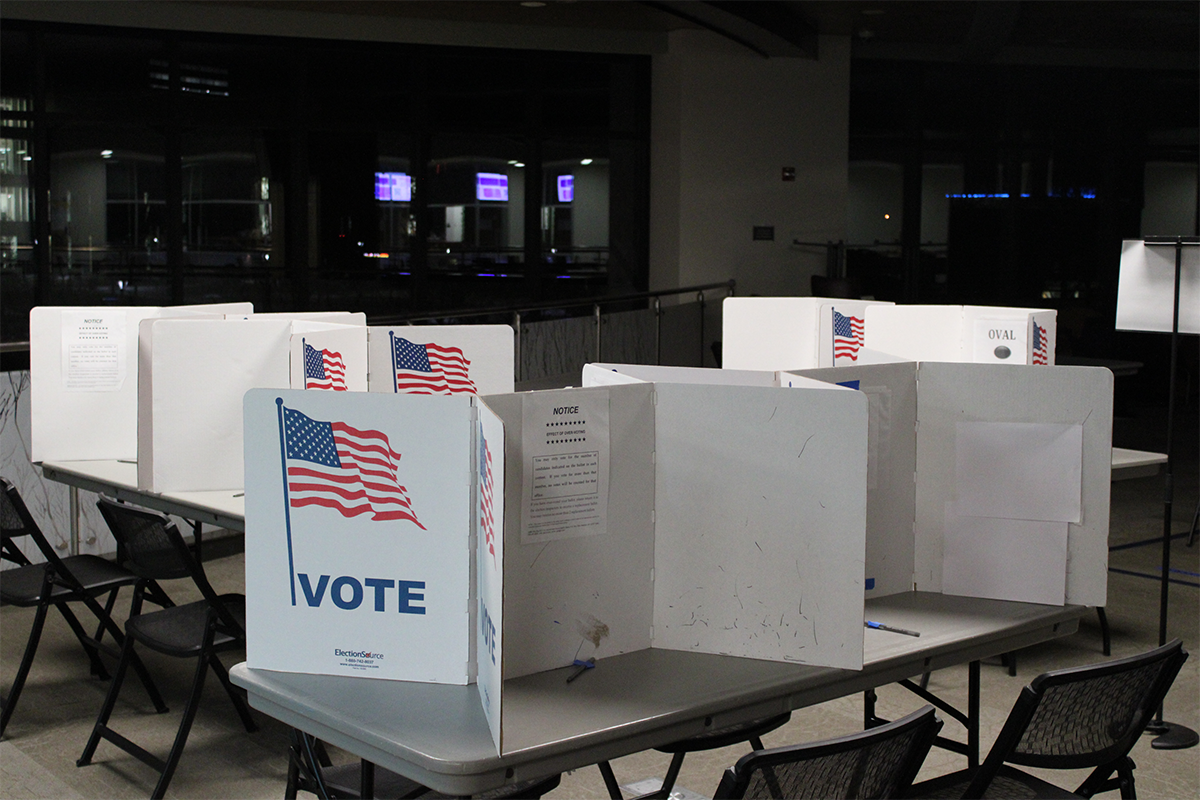 Danielle Ryan
Danielle RyanThose trying to find senior broadcast journalism major Jenny You on Facebook will have no such luck now that she has deactivated her account in response to being cyber posed.
Cyber posing, when someone poses as another person using a social networking site, is something You has experienced on-and-off since her senior year of high school. She said it started when one of her friends stumbled across a page that had her picture on it but wasn’t hers.
“I checked it out and there were my pictures . along with my profile including what school I went to, where I worked, hobbies, stuff like that,” You said. “It had a message board . and it had this other random guy writing stuff . so I clicked to go to his profile . it showed a picture of me and him Photoshopped together and it had more conversations between us . it was shocking.”
Some of the pictures posted on the site were ones that had been copyrighted and taken by a professional photographer, You said. She informed the photographer and he contacted the administrators of the Web site and had the profile shut down. She contacted law enforcement who told her to be careful and that there wasn’t much they could do.
Associate Professor of Criminal Justice and co-director of the Cyberbullying Research Center, Justin Patchin, said law enforcement officers or attorneys should be contacted if someone is experiencing something online that makes them extremely uncomfortable or threatens their safety.
“Once you identify that somebody has appropriated your information, contact the Web site host and attempt to have that site removed,” Patchin said. “Most Web sites have been pretty good at responding to questions about fake profiles and those kinds of things.”
Patchin, who You went to for advice with a recent cyber posing situation she had, said he has been studying cyber bullying since late 2001. He has conducted about a half a dozen studies, published books, submitted journal articles and has been an expert witness in connection with the topic of cyber bullying. He added not a lot of research has been done on cyber posing as it relates to college-aged students.
“As sad of a situation as (You’s) is, it reminds students to take care of their information,” Patchin said. “Whenever I speak to . students I tell them ‘Once you put something online or send something to somebody, you lose complete control over it.'”
Patchin said as soon as someone notices they are being cyberposed, they need to get evidence because it may be helpful down the line if legal action is necessary. Patchin recommended taking screen shots of pages or printing off actual pages that show cyber posing taking place.
“Hopefully, once more of these things do end up in court and people are held responsible, it will deter others from engaging in this type of behavior,” Patchin said.
Although You has taken many steps to prevent further cyber posing from happening to her, it again became a problem in October. She received a Facebook message from someone she had never met before, asking if a MySpace page was hers when she didn’t have an account. Shortly thereafter, You found out a Photobucket account had been created in her name with the same username she always uses, but one not a lot of people know.
“When I first found out someone was impersonating me . I realized social networking is definitely not safe,” You said. “I had the privacy settings . but someone got into it that’s not my friend and made this page . that scared me.”






